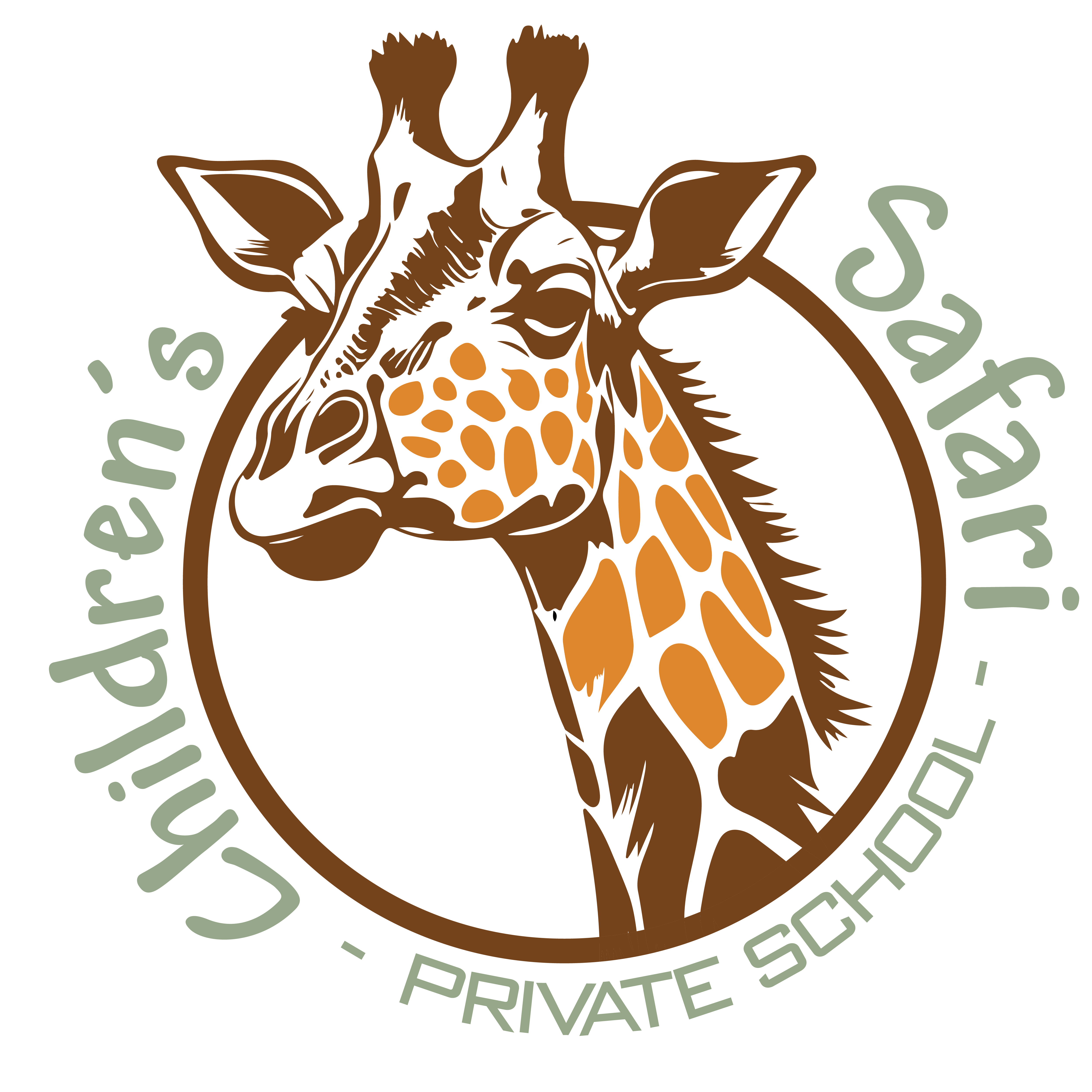Why Daycare Learning Activities Are Important To Your Child's Development
- Children's Safari Private School

- Jan 17, 2024
- 2 min read
Updated: Aug 5, 2024

When trying to make a decision about your child's care, it is important to take into account the positive effects of daycare learning activities. Daycare learning activities are vital for the well-rounded development of children for several reasons :
Cognitive Advancement: Engaging in educational games and activities with kids in a similar age group sparks a child's cognitive abilities and fosters problem-solving skills and memory development.
Social Skills: Interaction with peers imparts crucial social skills like sharing, taking turns, and cooperation, laying the groundwork for positive relationships.
Emotional Nurturing: Early Learning Center environments offer structured activities such as art and music, contributing to emotional development by helping children understand and express their feelings.
Language Enrichment: Exposure to diverse activities, conversations, and books supports language development, enabling children to acquire new words and communication skills.
Physical Progress: Both indoor and outdoor activities in daycare programs promote motor skills, coordination, and overall physical health.
Independence Cultivation: Daycare encourages independence as children follow routines, manage tasks, and make choices, thereby fostering self-confidence and a sense of autonomy.
School Preparedness: Activities in daycare mirror early learning experiences, prepare children for a more formal educational setting, and facilitate a smoother transition to preschool.
Exposure to Diversity: Daycare exposes children to diverse peers, cultivating an understanding and appreciation for diversity while promoting cultural awareness.
Routine and Structure: The structured routine in daycare provides children with a sense of security, helps them understand expectations, and establishes a foundation of order.
Parental Assistance: For working parents, daycare serves as a supportive environment, ensuring their children are safe and engaged while allowing parents to focus on work.

In summary, daycare learning activities contribute greatly to a early childhood development, from important social skills, to emotional nurturing, to speech and language enrichment, to fostering independence, daycare centers and their daily activities provide important parental support in every child’s development.





Comments